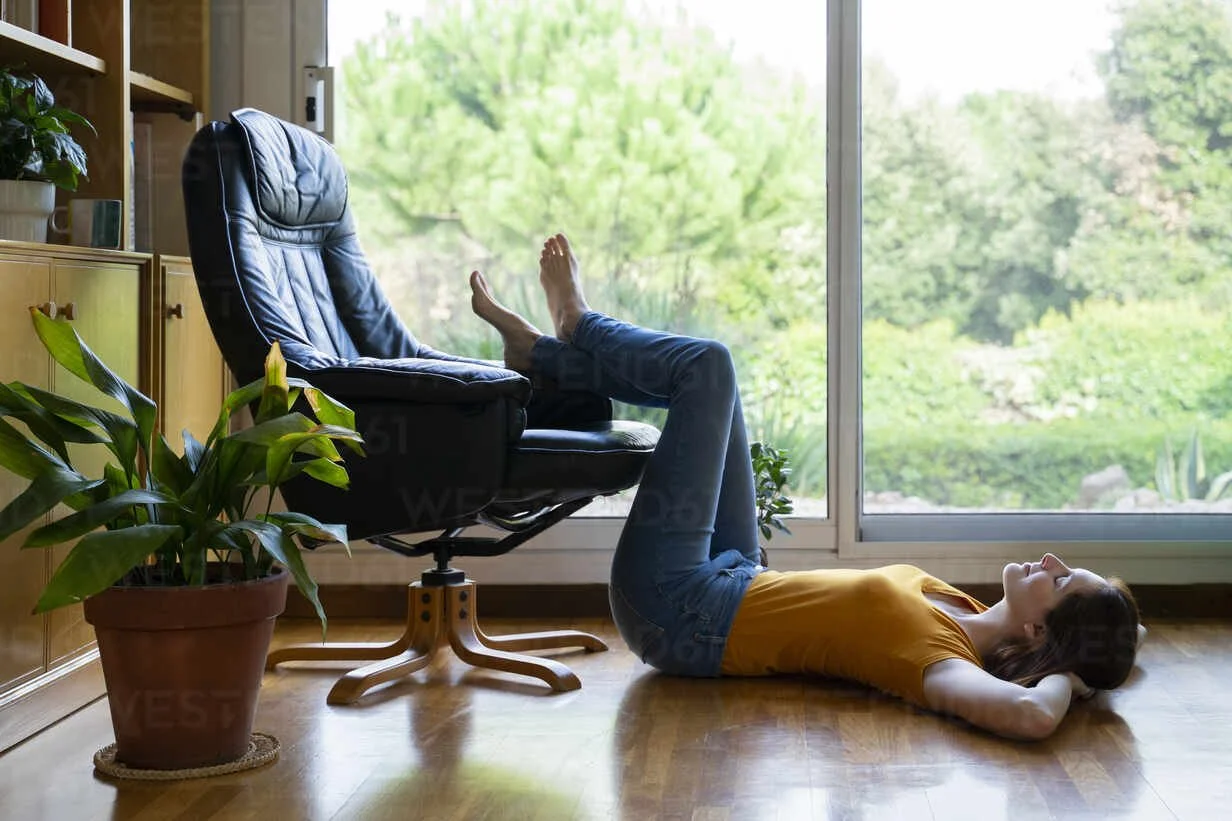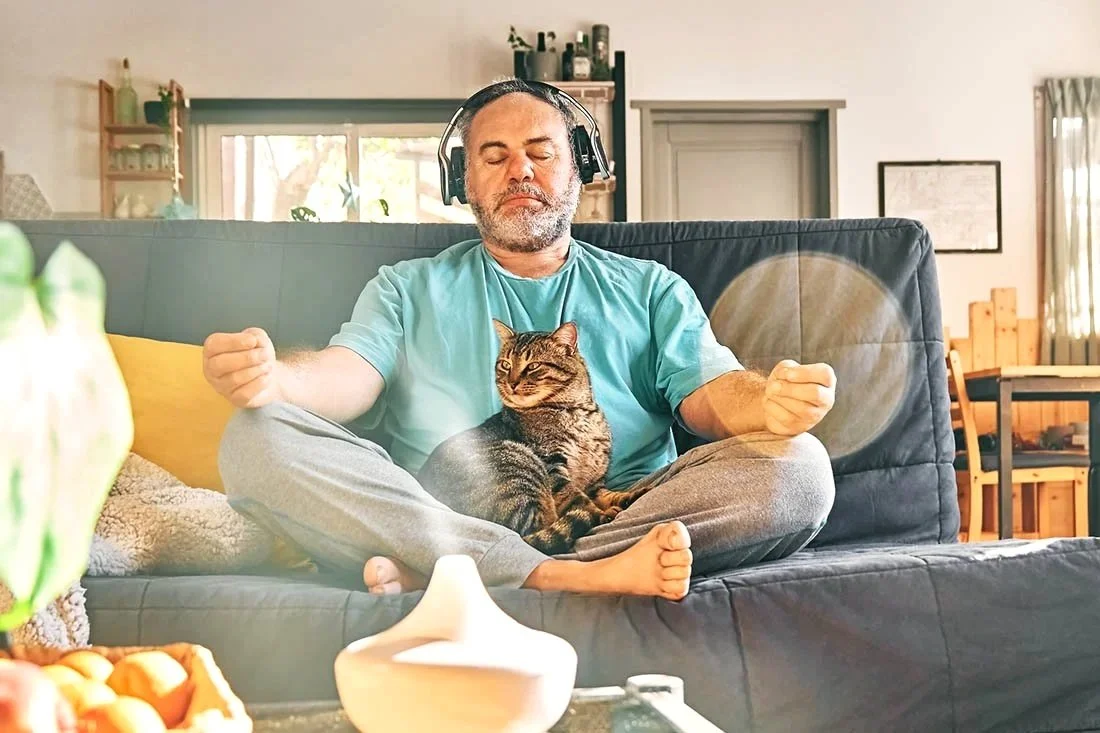Decor That Relaxes You: How Clean, Thoughtful Spaces Improve Mental Health
Your Home is a Reflection of Your Mind
Have you ever walked into a room and instantly felt your shoulders drop, your breath slow, and your mind clear? On the other hand, have you stepped into a cluttered, chaotic space and felt your energy drain away? It’s not a coincidence. The spaces we live in directly influence how we feel, think, and function. Our homes are more than just physical structures — they are extensions of our mental and emotional worlds.
When your environment feels clean, intentional, and thoughtfully decorated, it can become a sanctuary that supports relaxation and mental clarity. When it’s messy, cramped, or overstimulating, it can contribute to anxiety, fatigue, and even a sense of being “stuck” in life.
This article explores how clean, thoughtful decor can boost mental health, why certain design choices influence mood, and how to create a home that truly nurtures your well-being.
1. The Psychology of Space and Well-being
The connection between environment and mental health is well-documented in environmental psychology. Physical surroundings influence mood, stress levels, and even physical health.
Clutter Overload – A messy environment overwhelms the brain with too many stimuli, making it harder to focus or relax.
Visual Order = Mental Order – Clean, organized spaces send signals of safety and stability to the brain.
Spatial Freedom – Open layouts, clear surfaces, and breathing room make us feel less confined, which reduces stress hormones like cortisol.
Takeaway: A beautiful room can be ruined by chaos. Before buying new furniture or decor, the first step toward a relaxing space is decluttering and cleaning.
2. Cleanliness: The Foundation of Relaxing Decor
You can invest in the softest sofa, the coziest blankets, or the most elegant wall art, but if the room is dusty, sticky, or cluttered, it will never truly feel peaceful.
Dust and Allergens – These not only make a space look neglected but can also affect breathing and energy levels.
Mess and Mental Fatigue – Every unwashed dish or pile of laundry is a small, unfinished “task” your brain notices.
The Reset Effect – Deep cleaning resets a space’s energy, making everything feel fresh and new again.
If you struggle to keep up with cleaning, establishing a routine — or occasionally hiring professional residential cleaning — ensures your decor can shine without distractions.
3. Thoughtful Decor Choices for Mental Wellness
Decor isn’t about filling a room with things you like. It’s about choosing with purpose so every item serves a function — whether that’s practical, emotional, or aesthetic.
Functional Comfort – Furniture should feel as good as it looks. A stylish chair you never want to sit in is wasted space.
Natural Materials – Wood, linen, cotton, and rattan bring warmth and authenticity to a room.
Meaningful Accents – Choose art, photos, or heirlooms that inspire joy or peace rather than items that feel heavy or purely trendy.
A “less but better” approach not only looks good but helps keep your mental energy uncluttered.
4. Color Psychology in Home Decor
Colors speak to the subconscious, influencing mood before we even notice.
Blues & Greens – Cool and calming, ideal for bedrooms, reading nooks, and meditation corners.
Earth Tones – Browns, terracotta, and warm beiges feel grounding and secure, great for living rooms.
Soft Neutrals – Off-whites, creams, and light grays create mental clarity and pair well with any accent color
Tip: If you want calm without boredom, use neutral walls and bring in color through accessories like cushions, rugs, and art.
5. Lighting and Its Impact on Mood
Light is one of the most underrated mood-shapers in a home.
Natural Light – Boosts serotonin levels, supports sleep cycles, and lifts mood. Use sheer curtains to let it flood in.
Warm Ambient Lighting – Soft lamps, dimmable fixtures, or fairy lights create a cozy, evening-friendly atmosphere.
Candlelight – Real or flameless, it adds a flickering, meditative quality to any space.
Layer lighting so you can switch between bright, energizing light and soft, relaxing light as needed.
6. The Power of Scent in Decor
Scent is a key part of how we experience a room, even if we’re not consciously aware of it.
Aromatherapy – Lavender, chamomile, and sandalwood promote relaxation. Citrus scents like lemon or orange can refresh and energize.
Methods of Scenting a Room – Diffusers, candles, incense, or even fresh flowers can subtly influence mood.
Consistency – Keeping a signature scent for a space creates a strong mental association with calmness.
Pro Tip: Avoid overpowering artificial scents, especially if you or your guests are sensitive.
7. Decluttering as Self-Care
Decluttering is not just about “tidying up” — it’s a powerful mental health practice.
Decision Fatigue Relief – Every unnecessary item is one more choice your brain has to process.
Emotional Reset – Letting go of things tied to negative memories can free emotional space.
Daily Habits – A quick 10-minute tidy-up every evening prevents overwhelming mess from building.
This is where Marie Kondo’s philosophy overlaps with mental health: if something doesn’t spark joy, it might be adding invisible stress.
8. Creating Mindful Retreat Corners
You don’t need an entire room for peace — just a small, intentional spot.
Reading Nook – A comfy chair, soft blanket, and small side table with your favorite books.
Meditation Space – A cushion, a small plant, a calming scent, and a clutter-free view.
Tea Corner – A tray with mugs, tea tins, and a kettle nearby for mindful sipping.
These micro-retreats signal to your brain: this is a place to rest.
9. When to Call in Professional Help
Sometimes, no matter how much you tidy, your space needs a deeper reset. That’s when professional cleaning can make all the difference:
Removes deep-set dust and allergens you can’t get to with regular cleaning.
Leaves no harsh chemical residues, which is vital for anyone sensitive to smells or doing breathing exercises.
Saves time, restoring your space’s freshness quickly.
Offers eco-friendly cleaning services, avoiding risks to children or pets.
Professional residential cleaning isn’t just about hygiene — it’s about preserving the mental health benefits of your carefully chosen decor.
10. How Darine’s Super Cleaning Can Help You Create and Maintain Your Relaxing Space
Your home deserves to be more than “just clean.” It should feel like a place where stress melts away the moment you walk in. At Darine’s Super Cleaning, we go beyond surface tidying to create a healthy, uplifting environment that supports your well-being.
Here’s how we can help:
Deep Cleaning – From baseboards to ceiling fans, we target the overlooked spots that gather dust and disrupt your home’s energy.
Organizational Services – We help arrange your belongings in a way that reduces clutter and makes daily life smoother.
House Sanitizing Services – Especially important for homes with kids, pets, or anyone with allergies.
Green Cleaning Services – We use eco-friendly, non-toxic products that are safe for sensitive noses, children, and pets.
Regular Cleaning Services– Keep your home consistently fresh with scheduled visits tailored to your lifestyle.
Residential Post-Construction Cleaning – Perfect for removing fine dust and debris after renovations so you can enjoy your updated space immediately.
Move-In/Move-Out Cleaning Service – Make moving stress-free by ensuring your old or new home is spotless and fresh.
Booking is simple — visit our website, choose your service, and pick a time that works for you. From there, we handle everything, so you can focus on enjoying a clean, beautifully decorated space that supports your mental health every day.
Related Contents:
Post-Construction Residential Cleaning Services in Fairfield, CT
Home Cleaning and Organizing Services in Fairfield, CT
Related Posts:
Why Hiring a Professional Cleaning Service in Orange, CT is Worth It
Eco-Friendly Cleaning Services: How We Keep Your Home Clean and Green
Spotlight on Our Eco-Friendly Cleaning Options in Wilton, CT
Protect Your Family’s Health with Expert House Sanitizing Services in Fairfield, CT
Pet Owners’ Guide to Keeping a Clean and Fresh-Smelling Home
Continue Reading:
Professional Office Cleaning Services in Fairfield CT: Why Your Business Can’t Afford to Skip It
Boost Productivity with Professional Office Cleaning Services in Fairfield, CT
Eco-Friendly Cleaning Services: How We Keep Your Home Clean and Green
Spotlight on Our Eco-Friendly Cleaning Options in Wilton, CT
Protect Your Family’s Health with Expert House Sanitizing Services in Fairfield, CT
Pet Owners’ Guide to Keeping a Clean and Fresh-Smelling Home
The Hidden Benefits of Regular Cleaning Services in Wilton, CT


